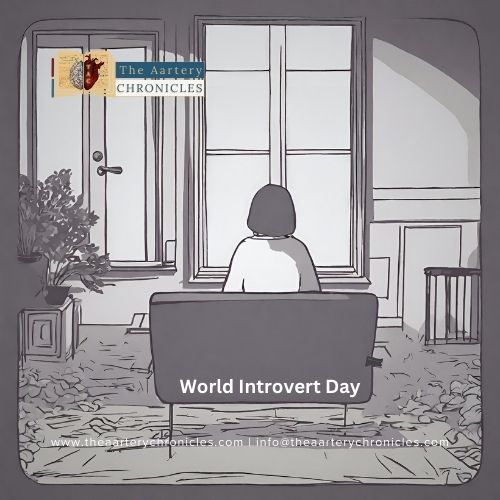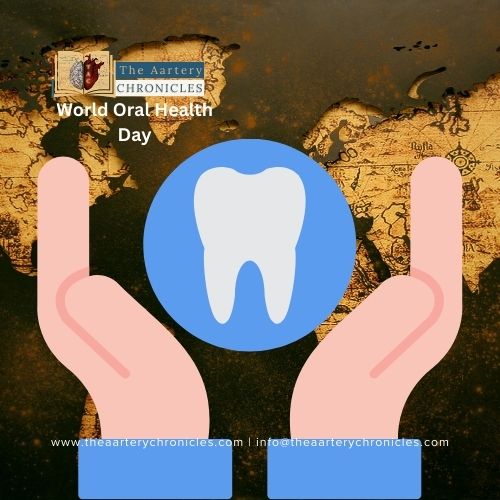

Perks and Perils of Caffeine: From Alertness to Addiction
Caffeine: A Widely Used Stimulant for Mood and Cognitive Enhancement
Caffeine is an alkaloid and a natural methylxanthine derivative that stimulates the central nervous system (CNS). Caffeine is known to be the most widely used stimulant that helps alter the mood or state of mind. It is found mainly in East Asia, Africa and South America native plants, seeds, and fruits. A major source of caffeine is coffee beans but it also naturally occurs in a variety of tea, and cacao beans and is used as an additive in energy drinks.
Caffeine is consumed by people all over the world every day to improve concentration, get rid of fatigue and increase wakefulness to have optimal cognitive performance. After ingestion, caffeine is completely absorbed by the GI tract and transported into the bloodstream. It takes around 15 to 20 minutes to achieve peak concentrations of caffeine after consumption. The pace at which individuals perceive the effects can differ, with some experiencing them more promptly or gradually.
Origin and History:
According to an ancient Chinese legend, tea was discovered by Emperor Shen Nung in 2437 BC when the tea leaves were accidentally blown into the boiling water due to wind. A few other legends from the Ethiopian tribes have been associated with the discovery of coffee.
In the 1820s Friedrich Ferdinand Runge extracted caffeine from the coffee beans for the first time. Coffee culture became popular in Europe in the 17th century, and it was known as ‘Arabian wine’. The first coffee shops were introduced during this time with the first one being opened in Venice and Constantinople. By the 20th century, coffee had grown to become the world’s biggest cash crop.

How much caffeine is too much caffeine?
Caffeine along with some pain relievers is known to be effective in treating headaches. Consumption of caffeine increases mental alertness, boosts athletic performance, lowers the risk of developing type 2 diabetes at some level and promotes weight loss. However, as the saying goes, anything in excess becomes poison, and high doses of caffeine can be unsafe. Caffeine consumption that is too much depends on factors such as medications, body weight and individual sensitivity.
As per FDA citations doses of caffeine over 400mg daily have negative health effects such as insomnia, increased heart rate, nausea nervousness, restlessness, nausea, and anxiety. This amount equals around 4 to 5 cups of coffee. Also, the effects of caffeine may vary from individual to individual according to their sensitivity and metabolism. Pregnant or breastfeeding women are advised to limit caffeine intake to less than 200 mg daily.
Caffeine overdoses primarily result from consuming caffeine in concentrated forms including powders or supplements in short time intervals. Caffeine intakes should be limited to 400 mgms. People often develop tolerance to caffeine which indicates the body has acclimated to caffeine and causes it to be dependent on caffeine leading to caffeine addiction.
Caffeine and Sleep
Caffeine even in the afternoon may disrupt the sleep cycle. Even the slightest loss of sleep can hamper daytime alertness. Covering sleep deprivation with caffeine creates an unwanted cycle. When you have trouble staying awake, you consume caffeine, however, caffeine shortens the duration of your sleep by preventing you from falling asleep at night.
Does ‘Decaffeinated’ mean “No Caffeine”?
No. Although they contain less caffeine than their regular equivalents, decaf coffees and teas nonetheless include some caffeine. For instance, an 8-ounce cup of decaf coffee usually has 2–15 milligrams of caffeine, demonstrating that there is still some caffeine present in decaffeinated products.
Conclusion
Moderate caffeine consumption is generally safe. The prevalent issue is that a majority of people today consume energy drinks or carbonated beverages that are extremely high in caffeine and can lead to complications. Seeking professional help from a physician is necessary to address caffeine addiction and toxicity for the best outcomes.

Author: Ms Sanika Pande
- Health Updates
- Medicine
- Nutrition And Diet
- Biotechnology












